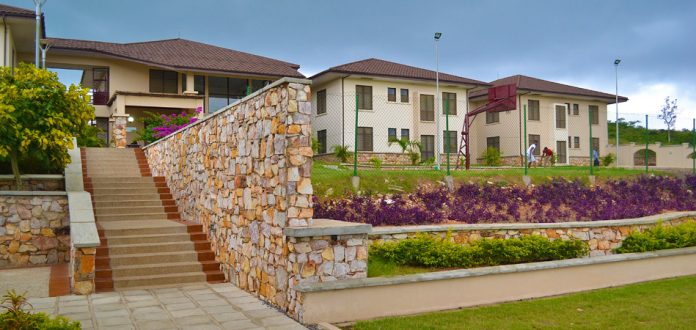The Africa-America Institute on September 29 officially launches a Future Leaders Legacy Fund to provide African students who are bright but poor with scholarships toward bachelor’s degrees and vocational and technical training certifications at top African universities and technical colleges. Scholarship winners will be the first in their respective families to attend university.
The launch of the fund will take place during the 2015 UN General Assembly, at AAI’s Future Leaders Legacy Fund Awards Gala in New York City, under the theme “Achieving Excellence through Scholarship, Opportunity, and Innovation.” Proceeds from the gala will support the new fund, which is looking to raise $2.5 million to foot the tertiary education bill for 300 students.
“We are proud to launch the Future Leaders Legacy Fund at our annual awards gala to support the next generation of African leaders. Investing in higher education yields tremendous returns for individuals and society, as a whole,” said Amini Kajunju, AAI’s president and CEO.
The Africa-America Institute was established in 1953 in the United States as an international education and policy organization dedicated to strengthening the human capacity of Africans and to promoting the continent’s development through higher education and skills training, convening activities, partner engagement, and research. Born in the Democratic Republic of Congo, Kajunju is the institute’s first African-born president and CEO.
The Legacy Fund’s inaugural partner institutions are Ashesi University (pictured above) in Accra, Ghana; United States International University (USIU-Africa), in Nairobi, Kenya; and the University of South Africa, in Pretoria, South Africa. AAI hopes to add more partner institutions to the Fund’s network.
UNESCO estimates that only 6 percent of young people in sub-Saharan Africa currently are enrolled in higher education institutions, compared to the global average of 26 percent. The Legacy Fund aims to expand access to higher education and post-secondary technical and vocational schools to strengthen Africa’s skilled workforce to meet local and global market demands and advance economic growth throughout the continent.
“With the world’s youngest population at 200 million, investing in the next generation of African leaders must be a high priority in accelerating development progress on the continent,” says Kajunju.













